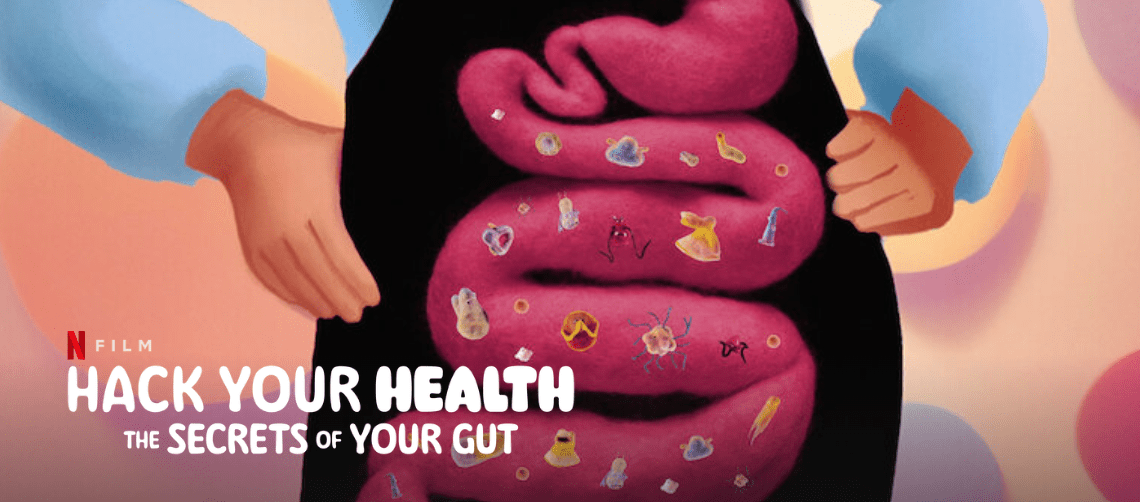Table of contents
Clostridioides difficile is a persistent bacterial infection that has become an increasing healthcare challenge. Conventional treatment methods such as antibiotics often reach their limits because they not only kill harmful bacteria, but also the useful intestinal flora. In recent years, however, a promising alternative has emerged: fecal transplantation. In this article, we will take a closer look at the topic of fecal transplantation and its role in the treatment of Clostridioides difficile.
What is Clostridioides difficile?
Clostridioides difficile, formerly known as Clostridium difficile, is a bacteria that can cause inflammation of the intestines. It produces toxins that can lead to symptoms such as diarrhea, abdominal pain and fever. The infection often occurs after taking antibiotics because they disrupt the normal intestinal flora and give C. difficile the opportunity to multiply. (1)
What are conventional treatments for Clostridium difficile?
The usual approach to treating Clostridioides difficile is to use antibiotics to kill the bacteria.
Unfortunately, antibiotics do not always produce the desired result. They can further damage the intestinal flora and increase the risk of the infection breaking out again. The problem of antibiotic resistance is also a growing problem that may limit the effectiveness of traditional treatment methods. (1)
What does therapy with foreign stool look like?
Fecal transplantation, also known as fecal microbiota transplantation (FMT), is a procedure in which stool from a healthy donor is transferred into the patient's intestine. The goal is to restore the patient's natural intestinal flora and eliminate harmful bacteria, including Clostridioides difficile. The transplant can be performed orally in the form of capsules or liquids, through a nasogastric tube, or through a colonoscopy. (2)
How effective is a fecal transplant?
Studies have shown that fecal transplantation can be extremely effective in treating Clostridioides difficile infections.
A meta-analysis of 20 studies found a success rate of over 90% in clearing the infection. Symptoms often improved within a few days and many patients recovered completely. (3)
What are the benefits of fecal transplantation?
Fecal transplantation offers several advantages over current treatment methods. Firstly, it restores the natural intestinal flora, which helps to improve long-term intestinal health. Secondly, it reduces the risk of a new outbreak of the infection because the healthy intestinal flora forms a protective barrier against C. difficile. In addition, fecal transplantation is usually well tolerated and has few side effects. (4)
Who is eligible as a donor?
It is still being discussed who is the optimal donor for a fecal transplant. Some experts prefer to choose donors who share a living space with the recipient and are therefore exposed to the same environmental influences. This living space can be shared by family members or partners, for example.
Others have the expectation that selected donors from strangers can achieve better effects. The reasoning behind this is that there is a higher probability of finding an “ideal” intestinal flora for the recipient. For this purpose, frozen external donations can be used, which are stored in special stool banks. (2)
How promising is a transplant?
Fecal transplantation has the potential to go beyond the treatment of Clostridioides difficile. Current research is examining its effectiveness in other conditions such as inflammatory bowel disease, irritable bowel syndrome and even neurological disorders such as Parkinson's. Fecal transplantation could represent a revolution in medicine and open up new avenues for the treatment of diseases linked to disrupted intestinal flora. (3)
Conclusion
Clostridioides difficile is a serious infection that often overcomes conventional treatment methods. Fecal transplantation has proven to be a promising alternative and shows a high success rate in controlling the infection. It restores the natural intestinal flora and provides long-term benefits for intestinal health. With further research and development, fecal transplants could find wider use and revolutionize the way we treat disease.
References
- Nathan Zev MinkoffScheherzade AslamMelissa MedinaEmily E. Tanner-SmithJoseph P. ZackularSari AcraMaribeth R. NicholsonAamer Imdad. Fecal microbiota transplantation for the treatment of recurrent Clostridioides difficile (Clostridium difficile): published April2023, https://doi.org/10.1002/14651858.CD013871.pub2
- Kump Klinische Abteilung für Gastroenterologie Medizinische Universität Graz, Stuhltransplantation als therapeutisches Konzept, 27. Februar 2013chrome-extension://efaidnbmnnnibpcajpcglclefindmkaj/https://www.gastroclub.org/wp-content/uploads/2017/08/Kump_selected_27_2_2013_HH.pdf
- Kyeong Ok Kim, Michael Gluck, Klinik Endosc. Fäkale Mikrobiota-Transplantation: Ein Update zur klinischen Praxis, 2019 März; 52(2): 137–143., doi: 10.5946/ce.2019.009
- Ausbruchsuntersuchungen bei Clostridium (Clostridioides) difficile, 05.04.2018, chrome-extension://efaidnbmnnnibpcajpcglclefindmkaj/https://www.rki.de/DE/Content/Infekt/EpidBull/Archiv/2018/Ausgaben/14_18.pdf?__blob=publicationFile







